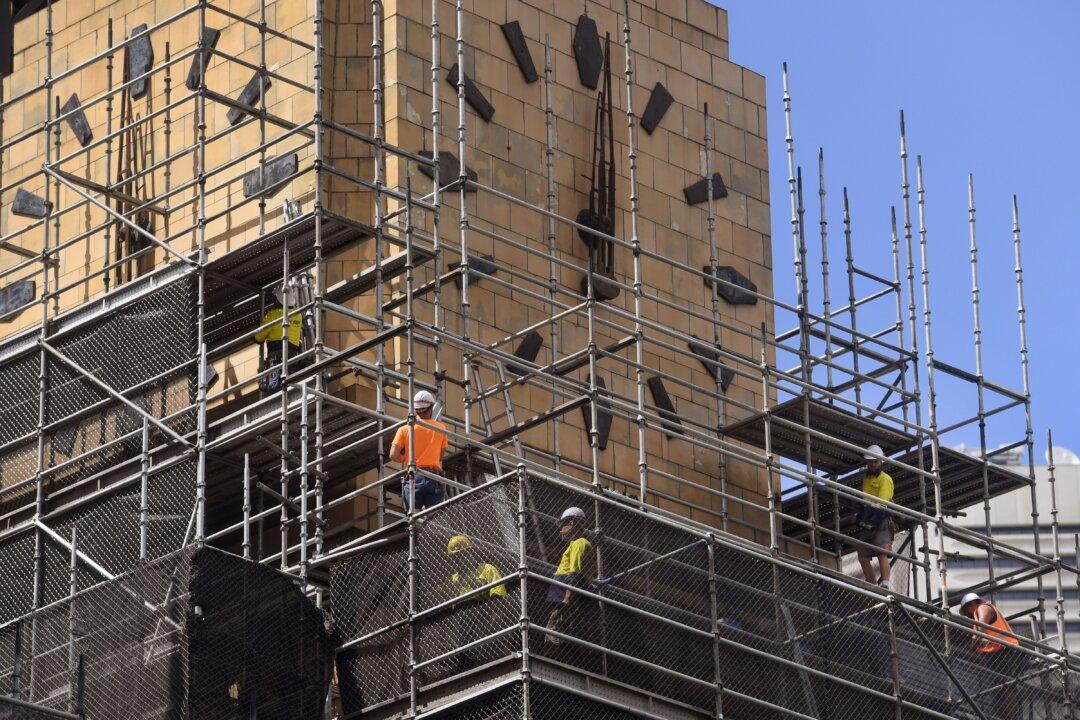Australian industrial and business communities have called on the parliament to reject the newly introduced workplace relations bill, saying it will negatively affect most enterprises and workers nationwide.
On Sept. 4, the Australian Labor government introduced a new piece of legislation to the parliament to “close the loopholes” in the current industrial relations laws.





